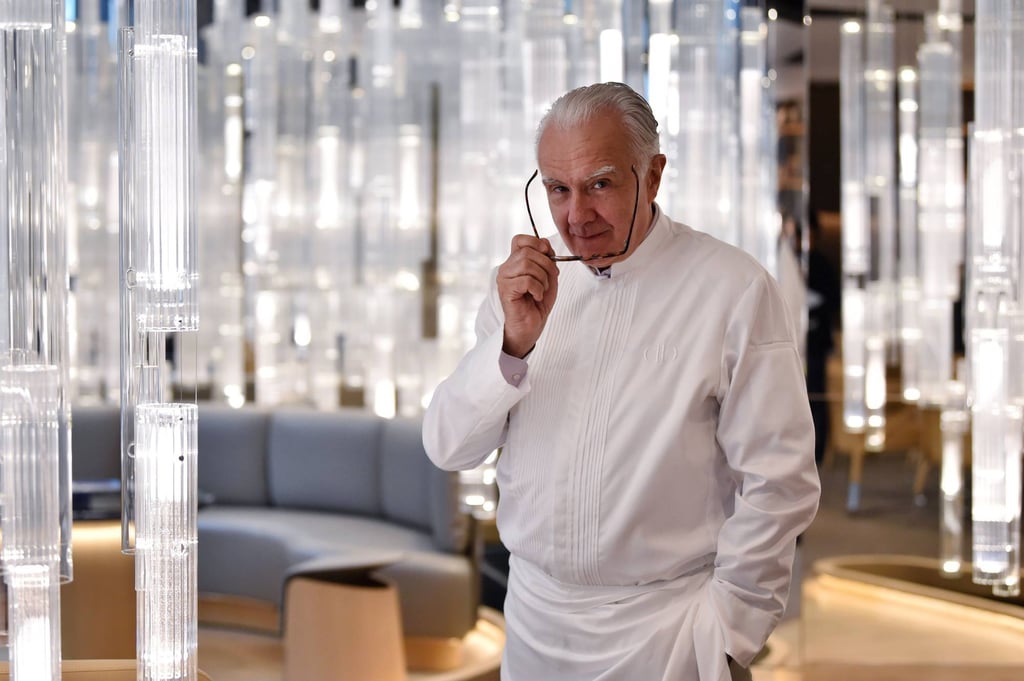Can Jean Imbert, a chef with no Michelin stars, replace Alain Ducasse, the most decorated living French chef? Critics say no, chefs back him
- Social media darling Jean Imbert is taking over the Plaza Athénée restaurant from Alain Ducasse
- The Top Chef winner has ignited a storm of snobbery from French critics, but his fellow chefs are more encouraging

Jean Imbert has one of the trickiest jobs in France – not only taking over from the country’s most decorated chef at one of its fanciest restaurants, the Plaza Athénée, but also proving himself to some of the sniffiest food critics on the planet.
French gastronomy is not known for its love of young upstarts, and Imbert seems tailor-made to rub some people up the wrong way.

And yet that is where Imbert finds himself, having started at its brasserie last week while the restaurant prepares to reopen in 2022. Imbert himself is staying uncharacteristically quiet as he knuckles down to the task. But plenty in the industry are having their say.
For food critic Francois-Regis Gaudry, it’s all too “bling-bling”. “He has neither the CV nor the experience for such a place,” he said, adding that Imbert’s talent for celeb selfies and brand endorsements were decidedly “extra-culinary”.